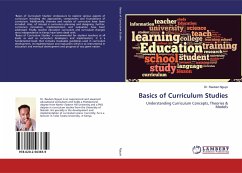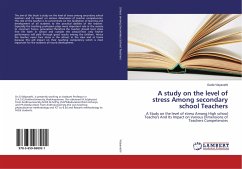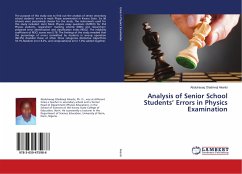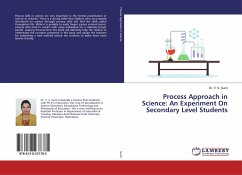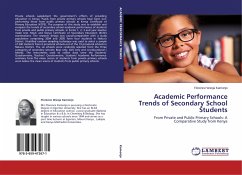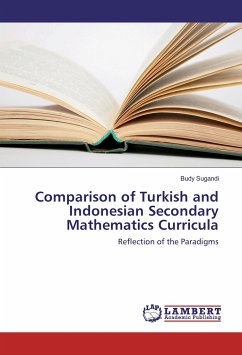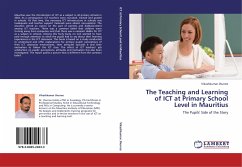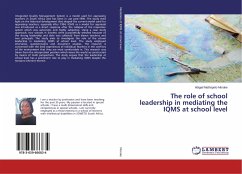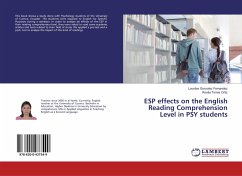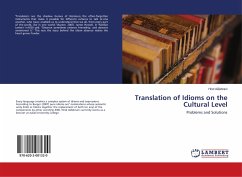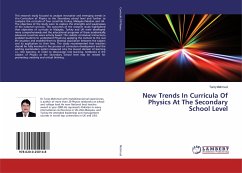
New Trends In Curricula Of Physics At The Secondary School Level
Versandkostenfrei!
Versandfertig in 6-10 Tagen
47,99 €
inkl. MwSt.

PAYBACK Punkte
24 °P sammeln!
This research study focused to analyze innovative and emerging trends in the Curriculum of Physics at the Secondary school level and further to compare the curricula of four countries Turkey, Malaysia Pakistan and UK. The objectives of the study were to explore the strengths and weaknesses of the national curricula. The outcomes of the research study highlighted that objectives of curricula in Malaysia, Turkey and UK were developed more comprehensively and the educational programs of these academically advanced countries were activity based. The realistic contextual instructions enabled studen...
This research study focused to analyze innovative and emerging trends in the Curriculum of Physics at the Secondary school level and further to compare the curricula of four countries Turkey, Malaysia Pakistan and UK. The objectives of the study were to explore the strengths and weaknesses of the national curricula. The outcomes of the research study highlighted that objectives of curricula in Malaysia, Turkey and UK were developed more comprehensively and the educational programs of these academically advanced countries were activity based. The realistic contextual instructions enabled students to understand Physics by applying the context to the real life situation and enabled them to develop association between the subject and its application to their lives. The study recommended that teachers should be fully involved in the process of curriculum development and the existing examination system measured only the lowest domain of learning i.e. rote learning. In order to discourage rote learning, textbooks in the subject of Physics at the Secondary School level may be revised for promoting creativity and critical thinking.



